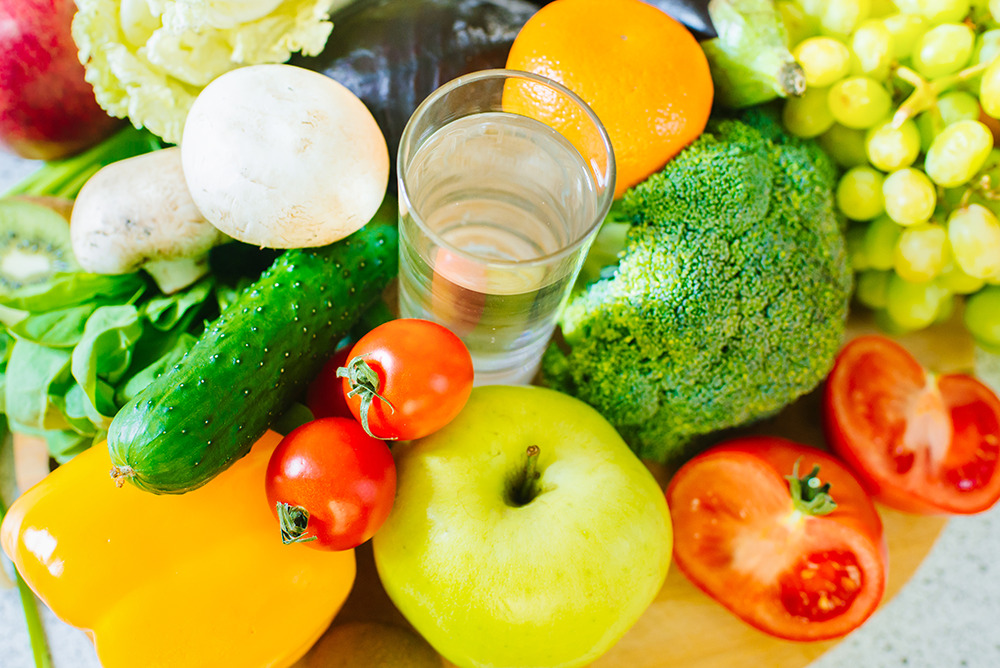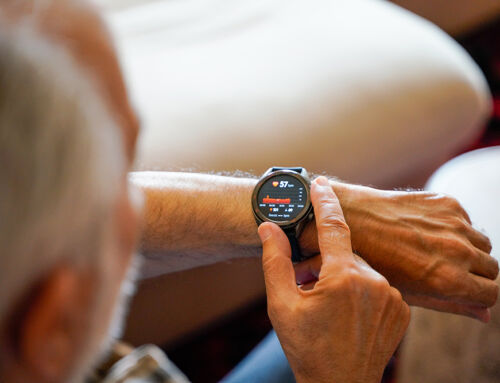DIETS FOR SENIORS FOR THE SUMMER
Now that it’s hot outside, it’s time to reevaluate your diet—because the heat can affect your body at any age. However, seniors need to be even more aware of their diet during the summer months to help ward off serious ailments like dehydration. Let’s take a look at diets for seniors.
What exactly is dehydration?
Dehydration is a condition that occurs when you use or lose more fluid than you take in, and the body doesn’t have enough water or other liquids to carry out its normal functions. Many people, particularly seniors, feel thirsty when dehydrated. Symptoms of dehydration include headache, nausea, dizziness, confusion or disorientation, dry mouth, constipation, fainting, loose skin, or skin that doesn’t return to normal after pinching and urinating less than usual.
Mild or moderate dehydration can be managed by drinking more water (also consider adding electrolytes but ask your doctor first). Feeling fatigued? Blueberries, tomatoes, and tart cherries are rich in antioxidants for muscle health and reducing fatigue.
Fruits are the formula for hydration.
To help you get rehydrated in the first place, add watermelons, cantaloupes, apples, and pears to your diet. They’re delicious and packed with plenty of vitamins and much-needed water. Also, consider citrus fruits as they offer excellent immunity against heat-borne infections. Did you know that fruits are a compulsory part of the senior diet in Assisted Living facilities during summer to help seniors stay hydrated and healthy?
Eat those veggies, too.
It’s also essential to eat salads with vegetables that have high water content, such as lettuce and fresh garden tomatoes. Here’s a tip: the darker the lettuce, the more nutritious. Why not whip up homemade vegetable juice with leafy greens such as kale, spinach, or chard for a quick boost in vitamin K, folate, calcium, magnesium, and other nutrients.
What to avoid.
When looking at what to eat, it’s important to note what to avoid. Avoid caffeine because it acts as a diuretic and depletes the body of fluid. If you must have the cup, sip on a cup of water afterward. Also, avoid alcohol since it causes fluid loss through increased urination. Lastly, avoid seafood or smoked meats because they have high quantities of salt and may make you susceptible to dehydration.
Water and more water.
Have questions about what’s right for you? Speak to your doctor—but the rule of thumb: drink plenty of water. The National Council on Aging recommends you take one-third of your body weight and drink that number of ounces in fluids. For example, if you weigh 150 pounds, aim to drink 50 ounces of water each day.
Enjoy your summer!




